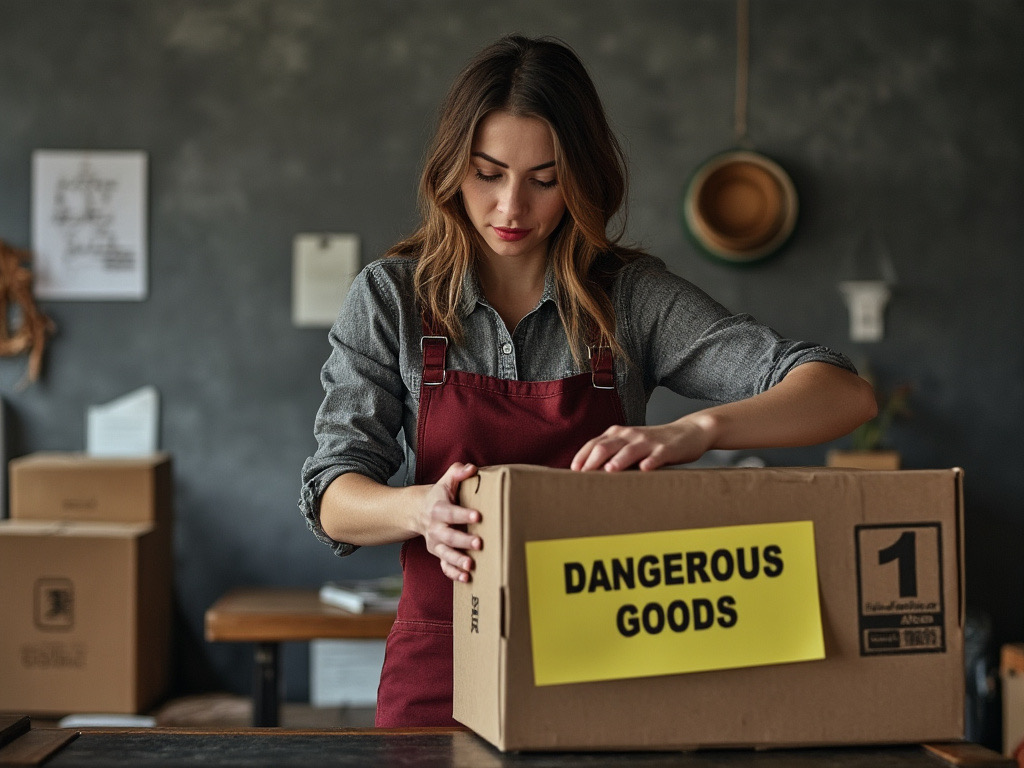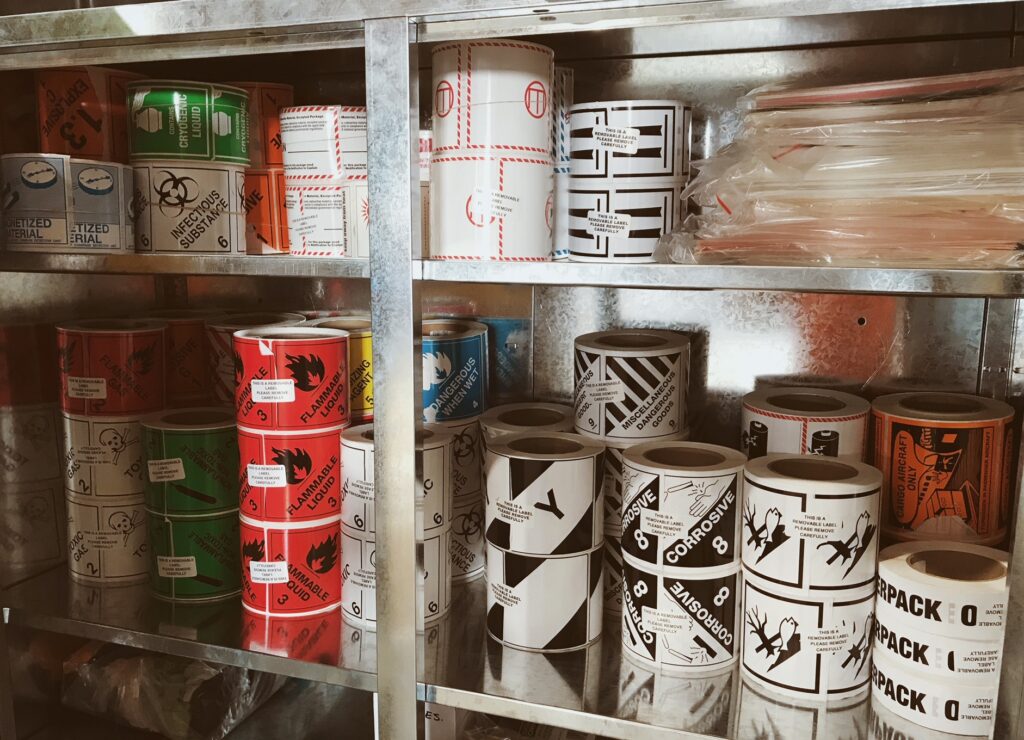Dangerous Goods Labels & Dangerous Goods Placards
The Critical Role of Dangerous Goods Labels in Transport Safety
In the intricate dance of global commerce, where goods traverse continents and oceans, the transportation of dangerous materials stands out as a unique challenge. Ensuring safety, compliance, and efficiency in this domain is not just a regulatory requirement but a fundamental aspect of risk management. This blog post delves into why dangerous goods labels are not merely stickers but vital tools in the logistics sector. The Critical Role of Dangerous Goods Labels in Transport Safety!
The Core Purpose of Dangerous Goods Labels
At its heart, the use of dangerous goods labels serves multiple critical functions:
Safety: the primary purpose is to alert everyone involved in the handling, transport, and storage of these goods about the potential hazards. Labels communicate the nature of the risk—whether it’s flammability, toxicity, corrosiveness, or radioactivity—enabling handlers to take appropriate precautions.
Compliance: with a patchwork of international, national, and local regulations governing the transport of dangerous goods, labels are key to ensuring compliance. Organisations like the International Maritime Organization (IMO), International Civil Aviation Organization (ICAO), and the United Nations (UN) have developed standards that dictate how these goods must be marked.
Emergency Response: in the event of an accident, labels provide immediate information to first responders about the nature of the hazard, facilitating a faster, more appropriate response. This can mean the difference between containment and catastrophe.
Efficient Handling: labels streamline the logistics process by clearly identifying the special handling requirements for each type of dangerous good, reducing confusion and errors at every stage from packing to final delivery.

Dangerous goods labels are more than regulatory checkboxes; they are integral to the safety and efficiency of the global transport network. They act as the silent sentinels of safety, ensuring that everyone from the packer to the end-user understands the risks and manages them appropriately. As logistics professionals, embracing the necessity of these labels is not just about compliance but is a commitment to safeguarding human life, transport equipment and vehicles, property and the integrity of our environment.
For those transporting or dealing with dangerous goods, remember: the right label at the right time could be the difference between a routine delivery and an unforeseen disaster. Let’s keep our transport networks safe, one label at a time.

